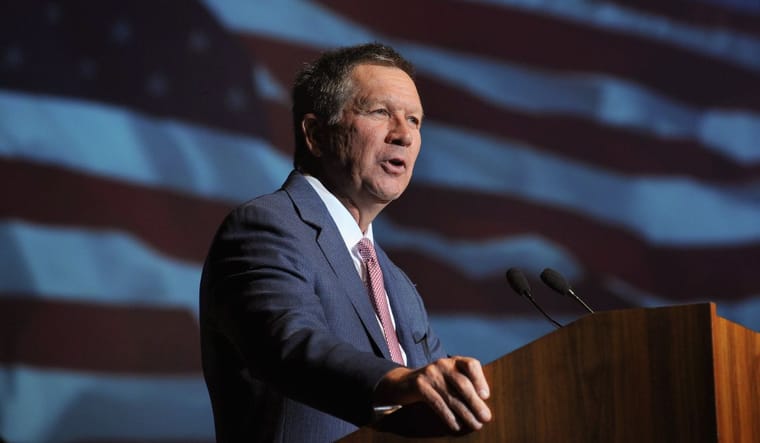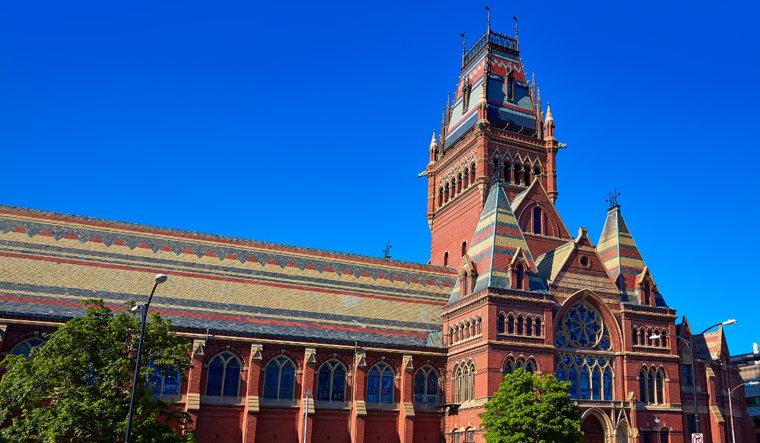Sunday Paper Reader Julie Flakstad is on a Mission to Redefine Midlife Friendships. Here's How to Find Your People in a Disconnected, Lonely World
“Who are your people?” Karen asked. I thought it was a trick question.
I was attending my first Diversity Equity Inclusion (DEI) workshop via Zoom, and our facilitator, Karen, started by asking us this question to help us get settled.
Sitting at my desk at home, I immediately started putting together my Oscar worthy list: my sister, mom, husband, (unsure about the order), a few close friends, some women I’d worked with in the past. Was I leaving anyone out? I wondered, my Type A personality in overdrive, suddenly worried that I didn’t have enough people.
The truth is, I often feel like I don’t have that many close friends, especially in my own zip code. Even though I’ve spent the past 15 years living in the same small town, I sometimes feel lonely and wonder who my ‘real’ friends are. The kind of friends that I can call anytime. The kind that I can be 100 percent honest with– without judgment. The kind that have my back, no matter what. To the casual observer, I’m energetic, optimistic, and friendly, always doing something with someone. But the deeper truth is that I don’t have a tight-knit, local group of women that I can be completely vulnerable with and authentically me.
Karen shared her answer first. To my surprise, instead of rattling off a list of people’s names, she artfully described a type of people instead: people with specific preferences, ideals, passions, pursuits, weaknesses, and fears. Listening to her unscripted, unguarded honesty, I felt flooded with emotion. Her words were like a calling, summoning me on an inward pilgrimage, and my mind began swirling with words, adjectives, thoughts, and images of who MY people were.
It was my turn to speak.
“My people are curious,” I started, feeling my voice crack, my eyes already brimming with tears. “They’re lifelong learners.” I took another deep breath in,and then, the words came streaming out, as surprising to me as they were to everyone else in the workshop.
I told them: My people are active. They’re hikers, bikers, walkers, skiers. My people like to move.
My people are REAL. They’re not full of fluff. They’re willing to share and be vulnerable. They’ll ‘go there.’
My people are criers.
My people are adventurers, explorers, wanderers, and seekers.
My people can find calm in a storm.
My people are dreamers. They like to laugh and play. They also know how to work hard and get dirty. They enjoy life.
My people are filled with tremendous joy as well as deep sorrow.
My people like wine.
My people are multi-passionate and wear many hats.
My people value being connected to something bigger.
I had to pause halfway through. Saying the words out loud made me think about those I appreciated, loved, and respected, most of them my oldest friends living in different states and abroad, the history that binds us, our unspoken language, and late-night laughter after too much time apart. These are, without a doubt, my people.
Then I thought about those “friends” I had a more strained or complicated relationship with, whose expectations and personal beliefs no longer aligned with mine. Those were not my people.
Since the workshop, I’ve given the “who are my people” question more thought, and I’ve shared my experience of feeling lonely with others. As it turns out, the more I share, the more of my people I meet. Who knew! And in sharing, I’ve, yet again, realized that I’m not alone. Many of us feel this way, and question who our real friends are. In fact, I recently listened to a Kelly Corrigan podcast with Johann Hari, in which they discuss a study that reveals 41 percent of Americans agreed with the statement that “nobody knows me well.” So yes, it’s apparently completely normal to feel like you don’t have enough, or even any, ‘close’ friends.
My friend and life coach, Paige Nolan, took the idea of relationships one step further in an episode of an online conversation series we hosted together called Being50ish. In this episode we talked about the importance of being intentional with friendships, especially as we age. She reminded the participants how life can get more complicated as we settle into our forties and fifties. You’ve got aging parents, maybe bigger kids with bigger problems, and in many cases divorce, illness, loss, even death. Having a select group of what she called “oak trees,” close friends that are deeply rooted in your life, grounded and permanent, who provide support and strength when you need it, are invaluable.
She went on to explain that friendship comes in other forms, too. Some friends are more like “flowers.” They look and smell pretty, and you can absolutely enjoy them, but they’re often circumstantial and don’t necessarily last. (When you start thinking about it, you kinda know who the flowers are.) And then you’ve got the “weeds,” the ones that keep coming back no matter how hard you try to get rid of them. (Yup, now those friends have a name, too.) The point is that there’s room for all kinds of friendship, but the key is to understand the differences between them.
Exploring friendship through these different lenses, with one eye towards the past, and another on the future, is powerful. Because you’re not just learning about others, you’re learning about yourself by asking: Who am I? What energy and inspiration do I crave? What boundaries do I need to create?
Deep down we know who our people are. The unmistakable spark we feel when we connect with them. We recognize what makes them authentic, interesting, likable, and relatable. The real question then, is one of our own choice and direction: Do we actively seek out and consciously connect with people that embody these traits and characteristics? More importantly, do we make the difficult decision to let go of the friends who don’t?
Since the workshop, I’ve taken a gentle inventory of my friendships (it’s a process). I’ve made choices, reprioritized weekends, and been more intentional about who and how I spend my time, whether it’s a beach walk or a back porch dinner. Not surprisingly, this fine-tuning has made it easier to be more authentically me, because I’m surrounding myself with people who don’t just make it easy to be myself around, they encourage me to do so. That said, I’m also mindful that friendships ebb and flow. As my mother once put it, ‘you don’t need to slam the door shut.’
So go ahead, ask yourself who are my people? Write it down. Stare at it. Cross things out. Add more. Once you have your list, consider your oak trees. Maybe there’s a few saplings taking root too? It’s cathartic, trust me. Answering these questions is an opportunity to recalibrate, a new lens to view relationships through.
Ironically, it’s also like looking into the mirror of who you are. Describing and defining who your people are, putting it into actual words, saying it out loud, acknowledging it, embracing it, is liberating, like a welcome home, bookended with an opportunity to let go. Let go of relationships that are no longer serving you, so that you can better nurture those that do.
And the good news is, your people are waiting for you.
Julie Flakstad is a speaker, writer and founder of The Midlife Truth Project. Follow her @JulieFlakstad and learn more at julieflakstad.com.
Question from the Editor: What are your type of people? We'd love to know in the comments below!
Please note that we may receive affiliate commissions from the sales of linked products.



